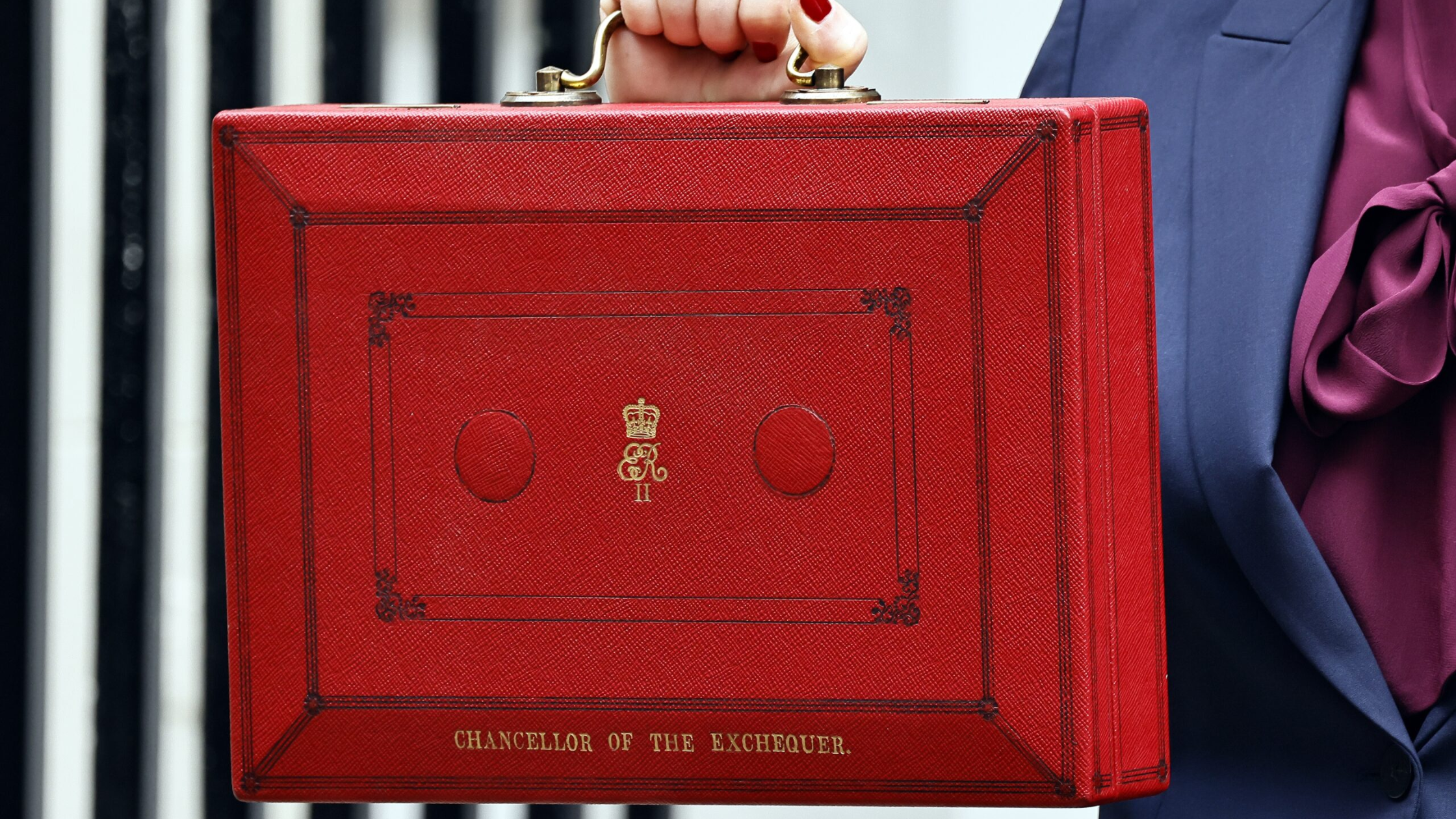Taxation Changes For The New Tax Year
The new tax year has arrived, and with it comes sweeping changes to the way you pay tax…
For recent graduates, married couples, those paying into a savings account, buy-to-let landlords and income tax payers, there are significant changes to taxation commencing this new tax year. If you fall into any of these brackets, you need to read up on how the new tax changes are likely to affect you…
Income Tax
- Personal allowance has risen from £11,500 to £11,850
The basic rate band of taxation has increased from £33,500 to £34,500
Isas
Junior Isa tax-free limits have been increased to £4,260
Standard Isa lmits remain at £20,000
Dividend Allowance
Dividend tax-free allowance on company investments has decreased from £5,000 to £2,000
It has been estimated that if £10,000 in dividends were earned in a year, a basic-rate taxpayer would see a £225 increase in their bill, with a higher-rate payer paying a further £975
Marriage Allowances
Marriage allowance, which allows an individual to transfer an unused personal tax allowance to a higher-earning spouse, has risen from £1,190. This means a couple could save an additional £238 if claimed
Buy-To-Let Landlords
Landlords could offset all mortgage interest payments against rental income at the start of last year, but this tax year, the allowed offset is down to 50%
This will be reduced further to 25% in 2019-20, with 0% allowed from 2020-21 onwards
Student Loans
The student loan repayment threshold for recent graduates in England has risen from £21,000 to £25,000. This applies to graduates who took out the higher rate of student loans in 2012
Borrowers will repay 9% of anything earned over £25,000 in a year
Auto-Enrolment Pensions
Those in auto-enrolment pension schemes will see an increase in minimum contributions from 1% to 3% of their salary
Employer contributions will also rise from 1% to 2%
If you would like help in planning your finances for the upcoming financial year, please get in touch to talk to one of our advisers.











